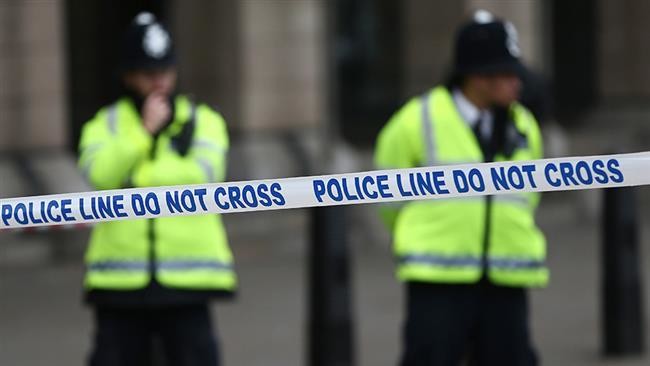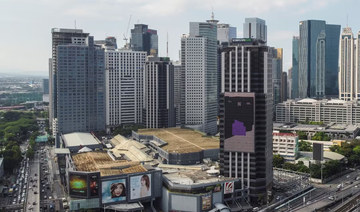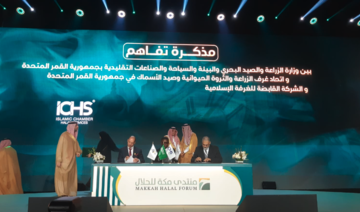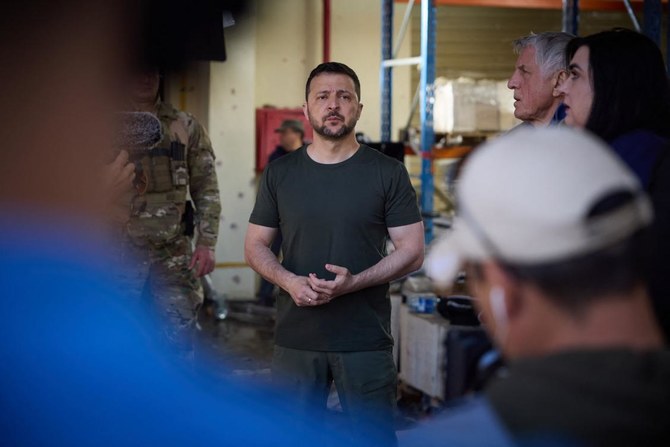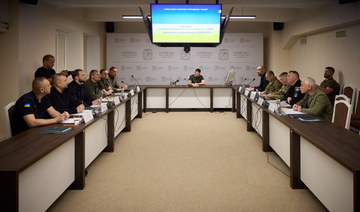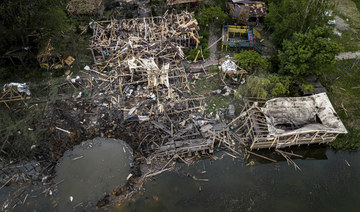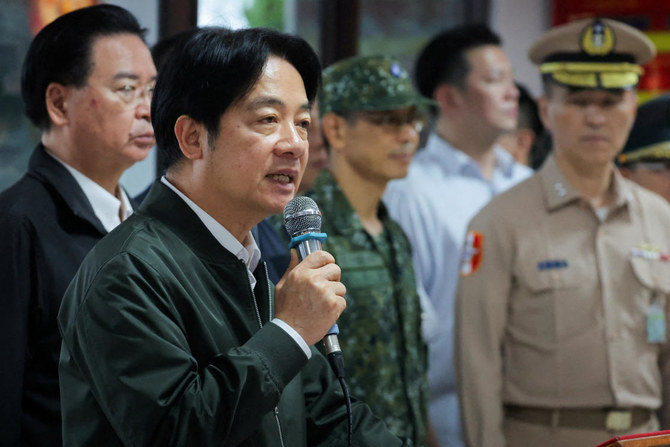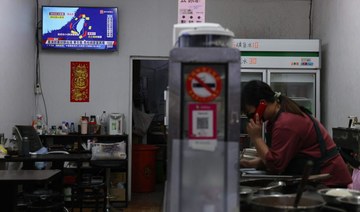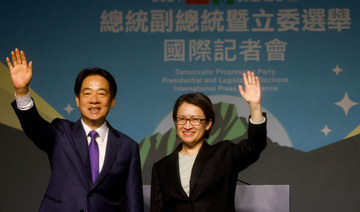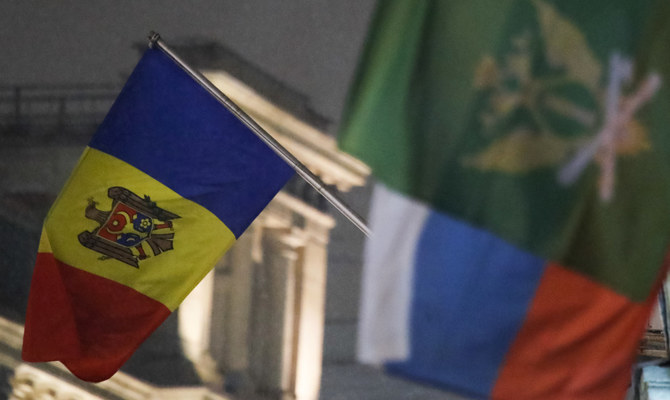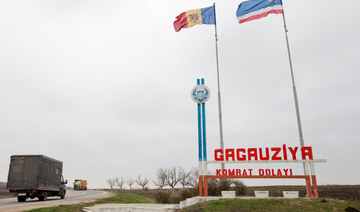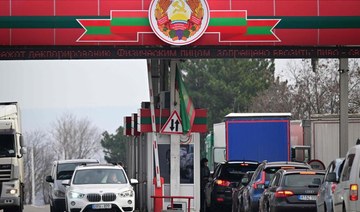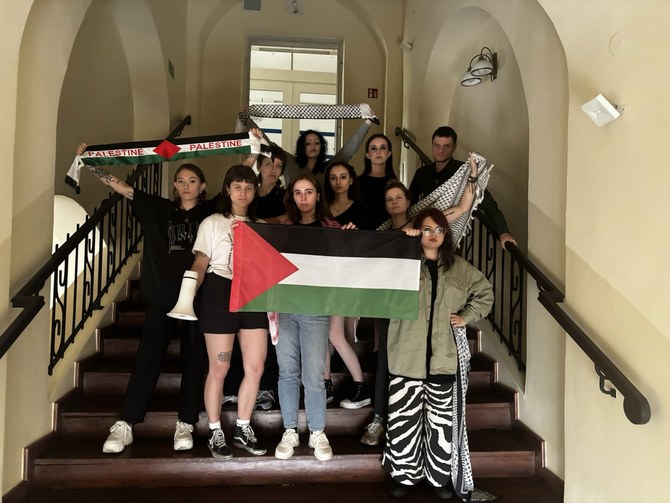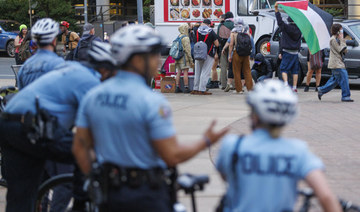THE HAGUE: Militant attacks on European targets more than doubled last year, Europe’s police agency said Wednesday, warning the risk of more unsophisticated attacks by the so-called Daesh” remains acute.”
Last year, a total 33 terror attacks were reported on the continent and Britain 10 of which were successful, killing 62 people, while the rest were foiled or failed, Europol said in a annual report issued in The Hague.
That figure compared with 13 reported attacks in 2016, of which 10 were successful leading to 135 deaths.
However, the “increase in the number of terrorist attacks in 2017 ran parallel to a decrease in sophistication in their preparation and execution,” Europol’s 2018 Terrorism Situation and Trend report said.
This included the attack on London’s Westminster Bridge on March 22 last year and a similar attack on London Bridge two months later when attackers simply drove vehicles into pedestrians and stabbed bystanders with knives, killing 13 people in total and wounding some 98 others.
Extremists who carried out such attacks in the EU in 2017 were mainly home-grown, “meaning that they were radicalized in their country of residence without having traveled to join a terrorist group abroad.”
In many cases “it becomes a form of personal retaliation against the country that they failed to integrate with,” Europol’s counter-terrorism chief Manuel Navarette told journalists ahead of the report’s launch.
However, the May 22, 2017, attack at an Ariana Grande concert in Manchester, in which 22 people were killed, and an August van attack on tourists at Barcelona’s La Rambla promenade in Spain in which 15 died, were linked to organized terror cells.
The Daesh group in all these cases claimed responsibility for the attacks.
Daesh militants swept across large parts of Syria and neighboring Iraq in 2014, declaring a so-called “caliphate” in areas they controlled.
But the militants have since lost much of that territory to various offensives, in Syria to Russia-backed regime forces and to the US-backed Syrian Democratic Forces.
“As Daesh gets weaker, it has been urging its followers to carry out lone actor type attacks in their home countries, rather than guiding them to travel to the so-called caliphate,” Europol said.
But it warned: “The threat of militant attacks in the EU remains acute, as demonstrated by the attacks which took place in 2017.”
“It should be underlined that Daesh, Al-Qaeda and other militant groups continue to pose a major threat. They have the ongoing intent and capability to conduct terrorist attacks in the West,” Europol said.
“It therefore goes without saying that supporting member states to combat terrorism will remain a top priority,” Europol’s new director Catherine De Bolle told journalists.
“To fight terrorism, it is essential to have optimal information exchange and data,” she added.
Europol’s report comes as German police Wednesday announced the arrest of a Tunisian man caught in possession of deadly ricin poison and bomb-making material to be used in a suspected terror attack.


